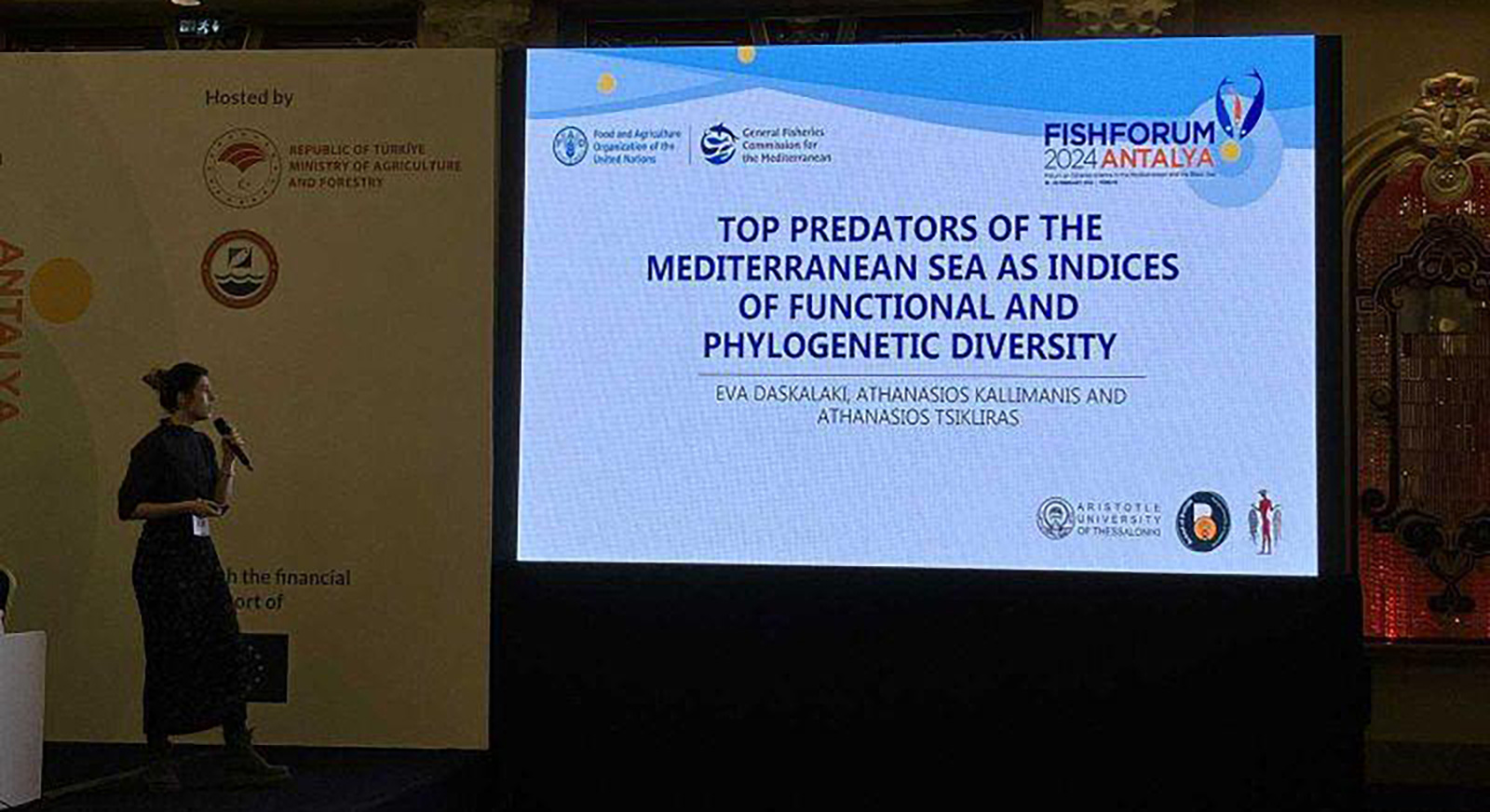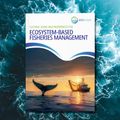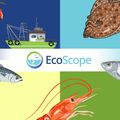EcoScope at Antalya Fish Forum: Marine predators used to map biodiversity; Med fishery dynamics laid out
The EU-funded EcoScope project was represented at the recent General Fisheries Commission for the Mediterranean (GFCM) 2024 Fish Forum, held in Antalya, Turkey in February, by project partners presenting the use of marine predators as an index of biodiversity and a poster on fishery ecology dynamics in the Eastern Mediterranean.
Eva Daskalaki of the Aristotle University of Thessaloniki (AUTH) gave a talk on “Top predators of the Mediterranean Sea as indices of functional and phylogenetic diversity”, in the context of the EcoScope project.
Daskalaki observed that, in land ecosystems, top predators serve as indices of biodiversity and umbrella species in ecological management efforts.
“The same does not apply to marine ecosystems management, as we spotted a gap in published literature regarding marine top predators and their biodiversity index potential,” she explained.

Eva Daskalaki presenting her and Athanasios Kallimanis and Athansios Tsikliras’ research demonstrating the efficacy of using top predators as indices of biodiversity in the Mediterranean
Daskalaki and her team therefore gathered georeferenced data on top predators in the waters of the Mediterranean basin and rated the correlation between their presence and the functional and phylogenetic biodiversity of fish species in the same areas of the Mediterranean. Her abstract and those of other talks given at the forum can be read here.
“The results highlighted a strong, positive correlation between the number of top predators and the functional and phylogenetic diversity of the communities,” she said.
Daskalaki and co-authors used the data on the presence or absence of the two predators with the highest trophic level, smooth hammerhead sharks (Sphyrna zygaena) and orcas (Orcinus orca), and successfully demonstrated that the presence of even one apex predator could potentially provide enough information to locate hotspots of marine biodiversity in the Mediterranean.
Additionally, their work showed that the presence of hammerheads and orcas also had a strong positive correlation with the presence of threatened species found on the Red List of the International Union for Conservation of Nature
In light of their findings, Daskalaki and her team propose the distribution of the Mediterranean Sea’s top predators be considered in the establishment or expansion of existing marine protected areas (MPAs). Daskalaki noted that MPAs are recognized as effective conservation tools that simultaneously benefit fisheries, thanks to the “spillover effect”, by which MPAs help restore the productivity of entire habitats, stretching far beyond their actual borders.
At the same Fish Forum 2024, EcoScope researcher Ioannis Keramidas, also of the AUTH, presented a poster on “Environmental and fisheries dynamics in the eastern Mediterranean (Aegean Sea)”. The poster highlighted the diverse stressors threatening Mediterranean marine ecosystems today and pointed out that in response to the growing imperative to address these multifaceted challenges, the Ecosystem-Based Fisheries Management (EBFM) has emerged as the most suitable strategy while the Ecopath with Ecosim (EwE) software offers well-suited capabilities for the pursuit of EBFM objectives.
“Mediterranean marine ecosystems are currently under threat from a diverse array of stressors,” Keramidas explained. “The Aegean Sea is an oligotrophic area in the eastern Mediterranean, with the status of most stocks deemed to be overexploited and affected by climate change,” he added.
Keramidas discussed how he, together with other EcoScope researchers at AUTH, developed an Ecopath model for the entire Aegean Sea to look into food web and fishery interactions. The Ecosim model developed to forecast the dynamic changes in the ecosystem was calibrated using historical time series of biomass, catch and environmental parameters, along with fishing effort estimates from 2006 to 2021, and simulated until 2050. In the baseline scenario, a decrease by 16% in biomass and 29% in catch was observed in the final year of simulation, while the most substantial decrease in biomass estimates in both scenarios was projected for the pelagic functional groups (FGs), with Norway lobster to be considered as the most impacted demersal FG, he added.
“The conference served as a vital hub for networking, learning and shaping the future of sustainable fisheries management. From insightful discussions to innovative solutions, Fish Forum 2024 exemplified the collective commitment towards preserving our marine resources for generations to come,” Daskalaki commented.
Following the Antalya Forum, EcoScope project coordinator Athanasios Tsikliras of the AUTH presented EcoScope, and discussed the anticipated launch of the EcoScope platform promoting ecosystem-based fishery management, at the second annual forum of the EU mission “Restore our Ocean and Waters”, held on March 5 in Brussels.





